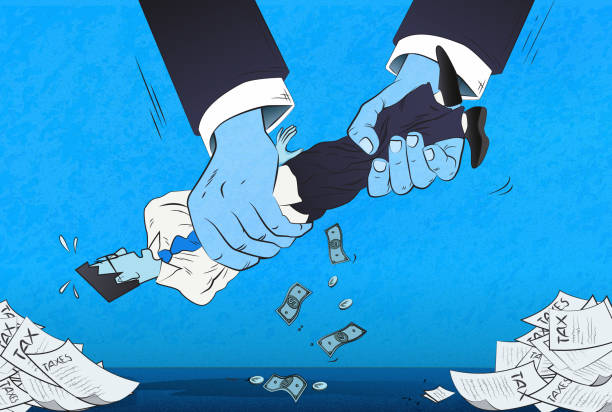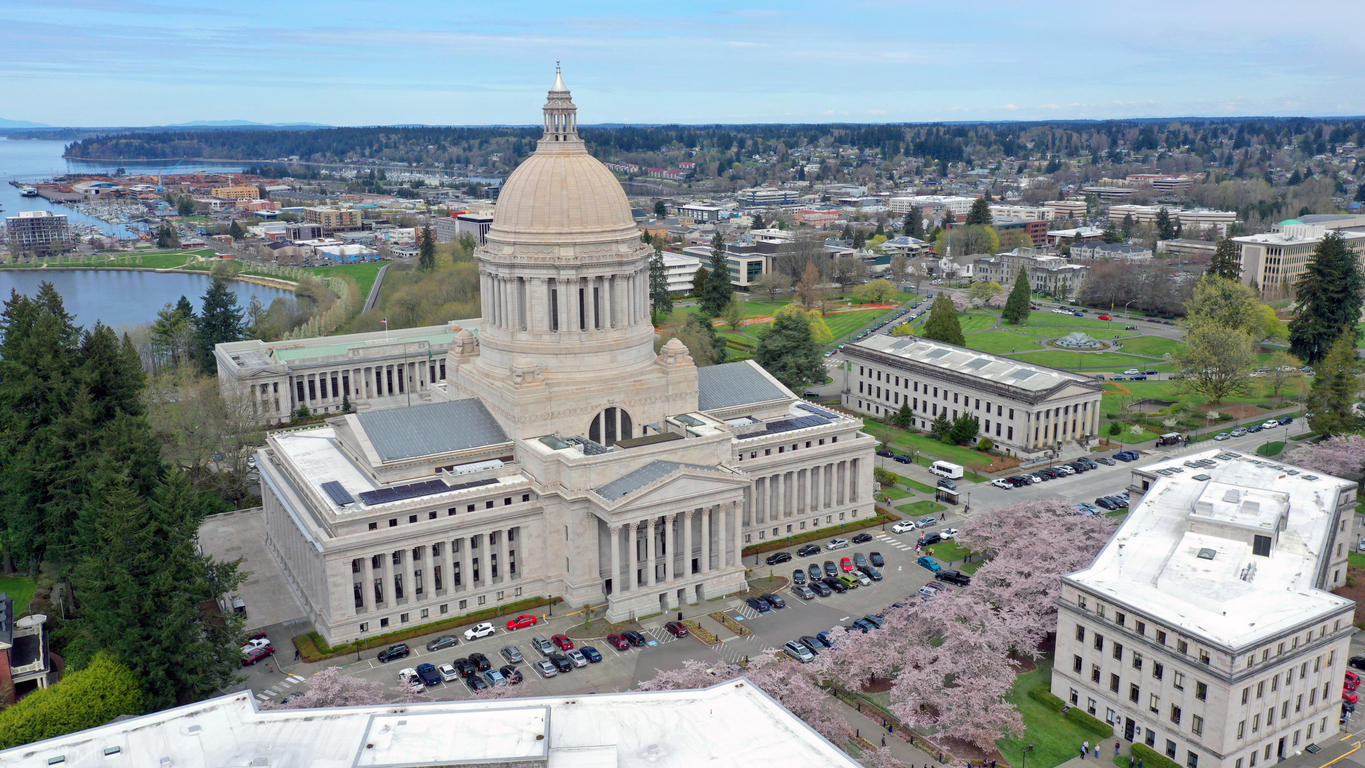Overview of Seattle and King County special levies
Key Findings
- People living in Seattle pay 17 special tax and bond levies, in addition to regular property, business and sales taxes.
- Seattle officials use more special tax levies to fund basic services than any other city or county in the state.
- The high tax burden contributes to unaffordable housing and income inequality, and falls hardest on the poor, working families and the elderly living on fixed incomes.
- Many homeowners have paid more in property taxes than they paid to buy their home.
- Seattle tax revenues are at record highs, providing leaders with plenty of money, yet basic infrastructure needs are neglected.
- Consistent mismanagement of public funds has resulted in an ever-rising tax burden, and an over-reliance on special tax assessments to fund core public services.
Introduction – the rising cost of Seattle taxes
Residents in Seattle are paying 17 special tax and bond levies to city government, to the Seattle School District and to King County, in addition to regular property, business and sales taxes, according to current government data.
The City of Seattle administers eight of these special tax levies to provide such core services as public housing, schools and libraries. Seattle officials use more special levies to fund basic government services than any other city or county in the state.
The high tax burden contributes to the high cost of housing in the city. The total yearly property tax burden is built into the cost of private homes, apartment or commercial buildings within Seattle city limits. The high level of taxation contributes to the unaffordable cost of living in the city, with the burden falling hardest on low income people, working families and elderly residents living on fixed income.
Many homeowners have paid far more in property taxes over the years than the original purchase price of their home. The taxes are also paid by businesses that lease property and by apartment dwellers who pay higher monthly rent.
Some special levies are due to expire in 2018, but the overall financial burden will continue to rise. New costs that might be added soon include Mayor Durkan’s proposal for a new city education levy that would collect $636.5 million over seven years, more than double the total burden of two expiring education levies.





